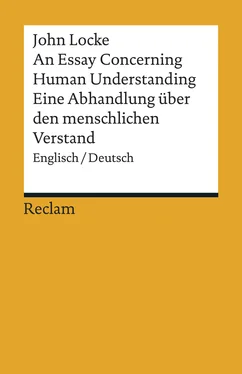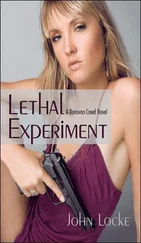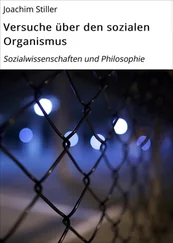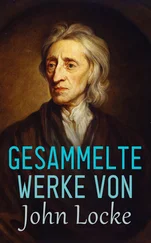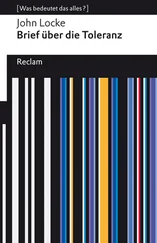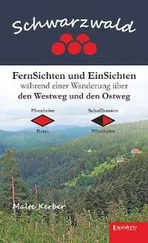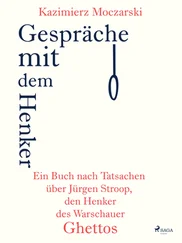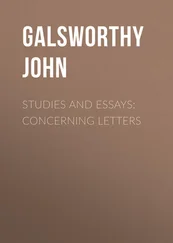1 ...6 7 8 10 11 12 ...37 […]
§ 24. When Men have found some general Propositions that could not be doubted of, as soon as understood, it was, I know, a short and easy way to conclude them innate . This being once received, it eased the lazy from the pains of search, and stopp’d the enquiry of the doubtful, concerning all that was once styled innate: And it was of no small advantage to those who affected to be Masters and Teachers, to make this the Principle of Principles , That principles must not be questioned: For having once established this Tenet, That there are innate Principles, it put their Followers upon a necessity of receiving some Doctrines as such; which was to take them off from the use of their own Reason and Judgment, and put them upon believing and taking them upon trust, without farther examination: In which posture of blind Credulity, they might be more easily governed by, and made useful to some sort of Men, who had the skill and office to principle and guide them. Nor is it a small power it gives one Man over another, to have the Authority to be the Dictator of Principles, and Teacher of unquestionable Truths; and to make a Man swallow that for an innate Principle, which may serve to his purpose, who teacheth them. Whereas had they examined the ways, whereby Men came to [90]the knowledge of many universal Truths , they would have found them to result in the minds of Men, from the being of things themselves, when duly considered; and that they were discovered by the application of those Faculties, that were fitted by Nature to receive and judge of them, when duly employ’d about them.
§ 25. To shew how the Understanding proceeds herein, is the design of the following Discourse […]. Wherein I warn the Reader not to expect undeniable cogent demonstrations, unless I may be allow’d the Privilege, not seldom assumed by others, to take my Principles for granted; and then, I doubt not, but I can demonstrate too. All that I shall say for the Principles I proceed on, is, that I can only appeal to Mens own unprejudiced Experience, and Observation, whether they be true, or no. […]
O f Ideas in general, and their Original
§ 1. EVERY Man being conscious to himself, That he thinks, and that which his Mind is employ’d about whilst thinking, being the Ideas , that are there, ’tis past doubt, that Men have in their Minds several Ideas , such as are those expressed by the words, Whiteness, Hardness, Sweetness, Thinking, Motion, Man, Elephant, Army, Drunkenness, and others: It is in the first place then to be enquired, How he comes by them? I know it is a received Doctrine, That Men have native Ideas , and original Characters stamped upon their Minds, in their very first Being. This Opinion I have at large examined already: and, I suppose, what I have said in the fore-going Book, will be much more easily admitted, when I have shewn, whence the Understanding may get all the Ideas it has, and by what ways and degrees they may come into the Mind; for which I shall appeal to every one’s own Observation and Experience.
§ 2. Let us then suppose the Mind to be, as we say, white Paper, void of all Characters, without any Ideas ; How comes it to be furnished? Whence comes it by that vast store, which the busy and boundless Fancy of Man has painted on it, with an almost endless variety? Whence has it all the materials of Reason and Knowledge? To this I answer, in one word, From Experience : In that, all our Knowledge is founded; and from that it ultimately derives it self. Our Observation employ’d either about external, sensible Objects; or about the internal [94]Operations of our Minds, perceived and reflected on by our selves, is that, which supplies our Understandings with all the materials of thinking . These two are the Fountains of Knowledge, from whence all the Ideas we have, or can naturally have, do spring.
§ 3. First, Our Senses , conversant about particular sensible Objects, do convey into the Mind , several distinct Perceptions of things, according to those various ways, wherein those Objects do affect them: And thus we come by those Idea s, we have of Yellow, White, Heat, Cold, Soft, Hard, Bitter, Sweet , and all those which we call sensible qualities, which when I say the senses convey into the mind, I mean, they from external Objects convey into the mind what produces there those Perceptions. This great Source, of most of the Ideas we have, depending wholly upon our Senses, and derived by them to the Understanding, I call SENSATION .
§ 4. Secondly, The other Fountain, from which Experience furnisheth the Understanding with Ideas , is the Perception of the Operations of our own Minds within us, as it is employ’d about the Ideas it has got; which Operations, when the Soul comes to reflect on, and consider, do furnish the Understanding with another set of Ideas , which could not be had from things without: and such are, Perception, Thinking, Doubting, Believing, Reasoning, Knowing, Willing , and all the different actings of our own Minds; which we being conscious of, and observing in our selves, do from these receive into our Understandings, as distinct Ideas , as we do from Bodies affecting our Senses. This Source of Ideas , every Man has wholly in himself: [96]And though it be not Sense, as having nothing to do with external Objects; yet it is very like it, and might properly enough be call’d internal Sense. But as I call the other Sensation , so I call this REFLECTION , the Ideas it affords being such only, as the Mind gets by reflecting on its own Operations within it self. By REFLECTION then, in the following part of this Discourse, I would be understood to mean, that notice which the Mind takes of its own Operations, and the manner of them, by reason whereof, there come to be Ideas of these Operations in the Understanding. These two, I say, viz . External, Material things, as the Objects of SENSATION ; and the Operations of our own Minds within, as the Objects of REFLECTION , are, to me, the only Originals, from whence all our Ideas take their beginnings. The term Operations here, I use in a large sence, as comprehending not barely the Actions of the Mind about its Ideas , but some sort of Passions arising sometimes from them, such as is the satisfaction or uneasiness arising from any thought.
§ 5. […] Let any one examine his own Thoughts, and throughly search into his Understanding, and then let him tell me, Whether all the original Ideas he has there, are any other than of the Objects of his Senses ; or of the Operations of his Mind, considered as Objects of his REFLECTION : and how great a mass of Knowledge soever he imagines to be lodged there, he will, upon taking a strict view, see, that he has not any Idea in his Mind, but what one of these two have imprinted ; though, perhaps, with infinite variety compounded and enlarged by the Understanding, as we shall see hereafter.
[98]§ 6. He that attentively considers the state of a Child , at his first coming into the World, will have little reason to think him stored with plenty of Ideas , that are to be the matter of his future Knowledge: […] But all that are born into the World being surrounded with Bodies, that perpetually and diversly affect them, variety of Ideas , whether care be taken of it or no, are imprinted on the Minds of Children. Light , and Colours , are busie at hand every where, when the Eye is but open; Sounds , and some tangible Qualities fail not to solicite their proper Senses, and force an entrance to the Mind; but yet, I think, it will be granted easily, That if a Child were kept in a place, where he never saw any other but Black and White, till he were a Man, he would have no more Ideas of Scarlet or Green, than he that from his Childhood never tasted an Oyster, or a Pine-Apple, has of those particular Relishes.
Читать дальше
